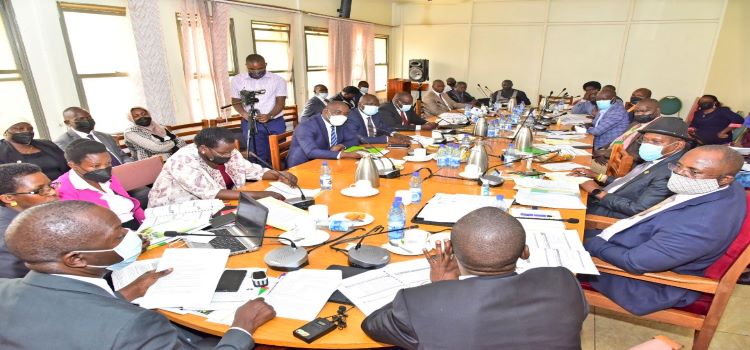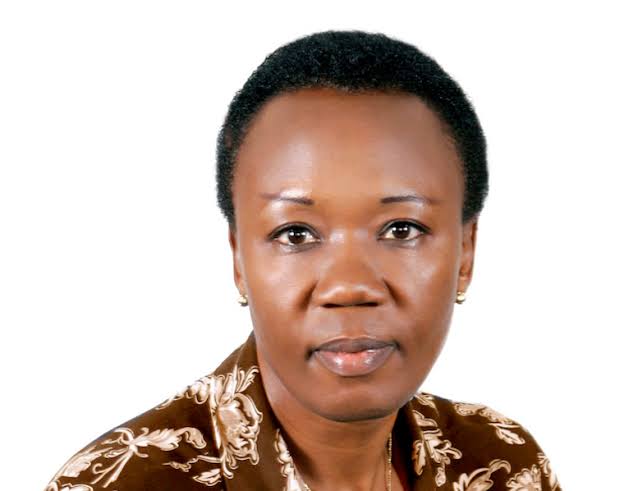Several NGOs in Uganda which monitor oil exploitation have urged government to adopt a clear strategy to be followed, in paying off locals displaced by the construction of the 1445 KM East African Crude Oil Pipeline (EACOP).
The call was spearheaded by the Managing Director for Civic Response on Environment and Development (CRED) Bashir Twesigye, while addressing the press on oil matters at Kabira Country Club, Ntinda, Kampala.
Twesigye said that since the start of works on the world’s longest heated oil pipeline, local communities, including farmers have miserably lost their land.
He added that the pipeline construction has rendered many people homeless in areas where it is situated as their stractures have been demolished, without compensation from government.
According to Twesigye, most of the people whose property has been destroyed lack proper understanding and interpretation of land and compensation laws of Uganda.
“If any displaced person, by the construction of the pipeline complains, lets say he/she wants to shift to somewhere else, government and other construction companies should not just keep a deaf ear bacause you don’t expect everyone to warmly welcome the construction,” he said.
“If any person has complaints, an arrangement should be put in place, a grievance mechanism at the lowest level possible, either on village, or subcounty level where such a person can forward his/her complaints for redress. You dont expect everyone, especially a common man to go to court. Going to court is not a flexible solution for most people. Most of them even fear going to courts.”
For his part, National coordination for Civil Society Coalition on Oil and Gas James Muhindo expressed dissatisfaction with President Yoweri Museveni, for his failure to outrightly recognise the exceptional roles played by these organizations.
He castigated the President, whom he said that instead of supporting these NGOs to execute their roles, he has dedicated most of his time and efforts to criticise their operations.
The construction of the East African Crude oil pipeline commenced in January 2017 by a French oil company Total, and China National Offshore Oil Corporation (CNOOC).
BankTrack, an international tracking NGO on finance, earlier on predicted that the proposed 1,445 kilometre EACOP would have disastrous consequences on local communities, wildlife and the entire planet.
According to Bank Track, the project threatens to displace thousands of families and farmers from their land.
It poses significant risks to water resources and wetlands in both Uganda and Tanzania – including the Lake Victoria basin, which over 40 million people rely on for drinking water and food production.
Do you have a story in your community or an opinion to share with us: Email us at Submit an Article









